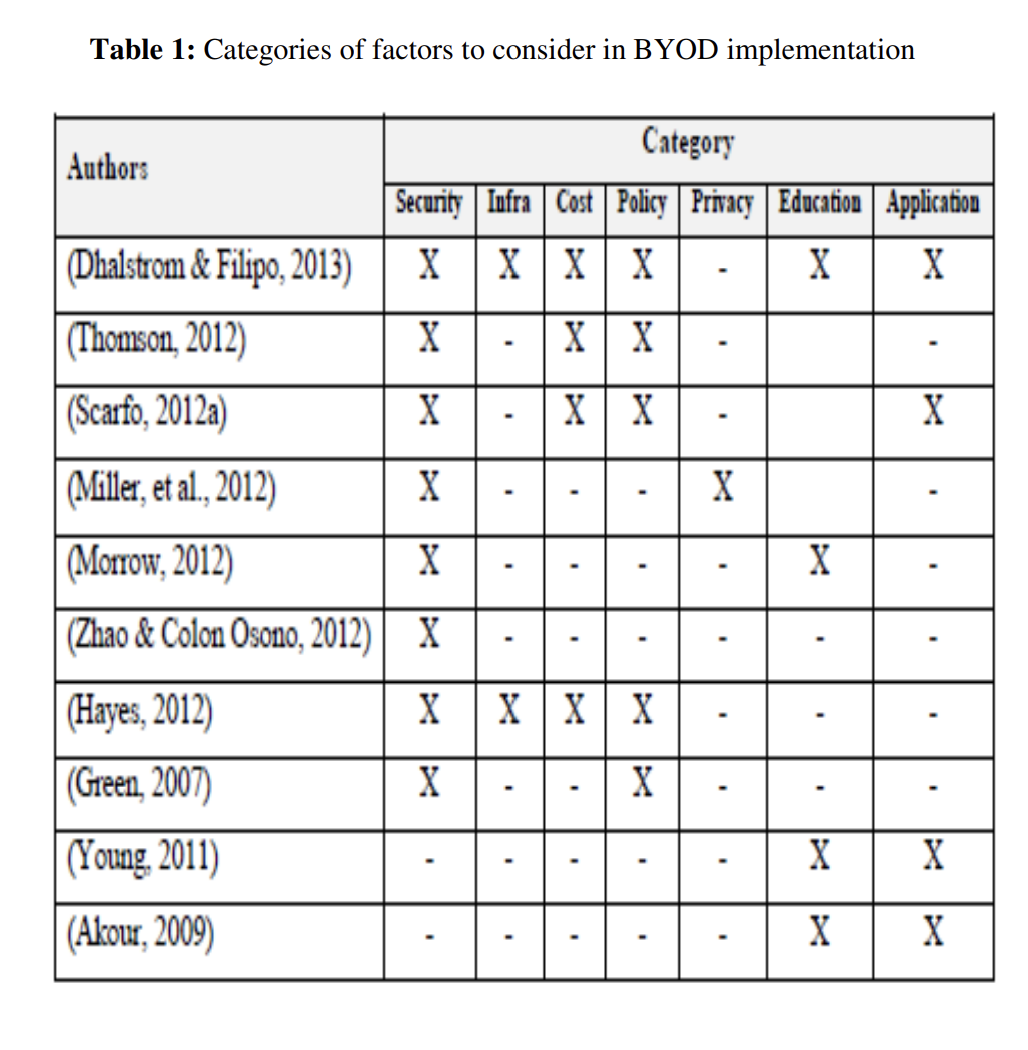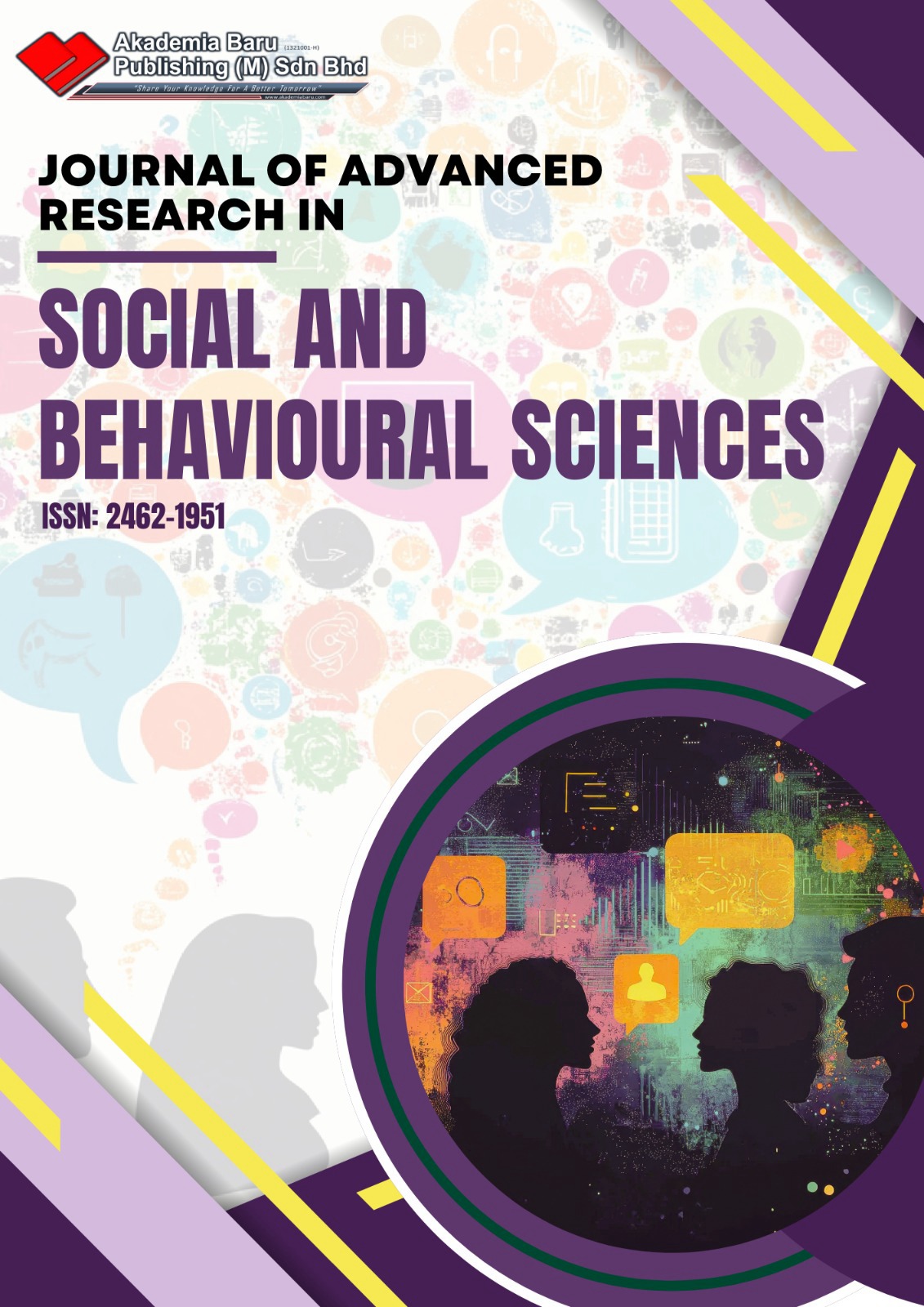Adopting Factors of Bring Your Own Device (BYOD) at the Selected Private Higher Learning Institution in Malaysia
Keywords:
Bring Your Own Device (BYOD), Security, infrastructure, Cost, Policy, Privacy, Education, Applications, Private higher learning institutionAbstract
Bring Your Own Device (BYOD) is a term used for the new trend where employees bring personally-owned mobile devices into their workplace. This new trend is witnessed by the organizations to bring several advantages, including competitive advantage, reduction of cost, higher employee productivity and flexibility. The concerns or issues should be addressed so that the benefits of this trend can be achieved. Higher learning institutions are seen as organizations that have to adopt this trend as the new generation of students is computer-literate and technically-savvy. The objectives of this study are to identify factors those influence the adoption of BYOD and to identify the factors thus contribute to the success of BYOD in a selected higher learning institution in Malaysia. The factors are Security, Infrastructure, Cost, Policy, Privacy, Education and Applications. Surveys were conducted at the institution to gather data from students and staffs. The total number of 67 staffs and 202 students responded to the questionnaires. The collected data was then analysed to identify the factors that are deemed to have relevance and influence in the adoption of BYOD at the selected private higher learning institution. The results of the analysis show that there is a high percentage of mobile device ownership among staffs and students at the institution, and there are concerns identified relating to all the seven factors mentioned.











